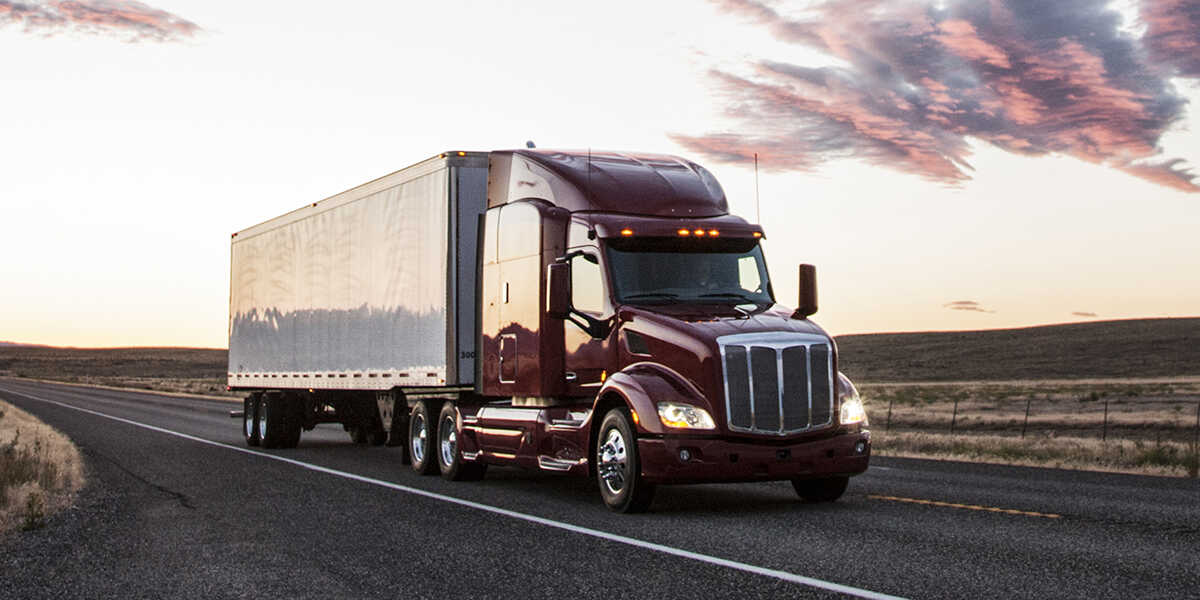What Does Non-Excepted Interstate Mean?

As a commercial truck driver, motor carrier, or commercial transportation business owner, compliance with all regulatory rules and laws is a must, whether they're on the state or federal levels. That includes adhering to non-excepted interstate regulations, but what does non-excepted interstate mean?
As one of the country's top commercial trucking filing services, we at FMCA Filings can help you understand non-excepted interstate, BOC-3 filings, and other compliance regulations relevant to the trucking industry. Here, we explain what you need to know about having a non-excepted interstate status as a commercial driver.
What Is the Non-Excepted Interstate Definition?
What does non-excepted interstate mean? The term is the classification that commercial truckers get when they travel across state lines or operate commercial vehicles exceeding 10,000 pounds for interstate commerce without exemption from federal regulations.
In other words, commercial drivers with non-excepted interstate status must follow Department of Transportation and Federal Motor Carrier Safety Administration regulations. Drivers with exemptions or excepted interstate status may have different rules to follow regarding the transport of certain types of goods or the distance at which they can transport goods from their main offices.
Legal Requirements of Non-Excepted Interstate Drivers
Having a non-excepted interstate CDL comes with specific legal requirements. Basic requirements include having a valid commercial driver's license, meeting the hours of service regulations, and following the electronic logging device mandate to record all working hours. Other legal obligations include:
- Undergoing periodic medical exams
- Having a valid medical certificate
- Completing drug and alcohol testing
- Passing vehicle inspections
- Maintaining necessary insurance coverage
How a Non-Excepted Interstate Status Affects CDL Holders
What does non-excepted interstate mean to a CDL holder? In short, commercial drivers with this status must comply with extra requirements and endorsements.
For instance, non-excepted interstate CDL holders must pass a written general knowledge test. They also have to have endorsements for double or triple trailers, hazardous materials, or tankers. Endorsements are a way for drivers to acknowledge their special skills and education regarding various forms of interstate transportation.
Another requirement that differentiates non-exception interstate drivers from exempted ones is medical certification compliance. CDL holders have to have regular physicals by certified medical examiners to ensure their ability to drive commercial vehicles. As a non-excepted interstate driver, it's best to keep up-to-date medical certifications on hand for roadside inspections and compliance audits.
What Are Hours of Service Regulations?
HOS refers to the maximum hours a commercial driver can be on the road before taking a mandated rest period. These regulations are essential for combating driver fatigue, which improves road safety.
For instance, truckers with a non-excepted interstate status can legally drive for 11 hours if they have ten back-to-back hours of off-time. The maximum duty time is 14 hours, after which a ten-hour rest period where the driver performs no duties is mandatory.
Complying with HOS involves more than driving and taking breaks according to a schedule. All drivers with a non-excepted interstate status must log their driving hours and rest periods using electronic logging devices or ELDs. The documentation is important for proving HOS compliance during audits.
What Should You Know About Electronic Logging Devices and Non-Excepted Interstate Driving?
The FMCSA is responsible for the Electronic Logging Device mandate, which states that non-excepted interstate drivers must use ELDs instead of paper logs to accurately record their HOS. Using ELDs benefits drivers because it automates driver logs while reducing paperwork.
The devices accurately record on-duty and break time since they don't require manual calculations. They're also easy for auditors and inspectors to access.
How to Determine Your Status
So, what does non-excepted interstate mean? To know if you have a non-excepted interstate status, consider the types of goods you transport, where you or your drivers travel, and the type of work you do. The likelihood of having this status increases dramatically for those in the commercial trucking industry who participate in interstate commerce over state lines. You should also complete the Motor Carrier Identification Report or MCS-150 form to establish your status.
How Accurate Recordkeeping Helps with Non-Interstate Driving Compliance
Maintaining accurate records is a must to comply with the many non-excepted interstate requirements. Essential documentation or records include medical certificates, logs for service hours, and vehicle inspection reports. Thankfully, FMCA Filings can help with compliance by ensuring your business completes the right permits, filings, and forms on time every time.
Get More Help Understanding Non-Excepted Interstate Requirements From FMCA Filings
If you're in the trucking business and ask questions like "What does non-excepted interstate mean?" or "What is an interstate classification?" FMCA Filings can help bring clarity. We strive to help motor carriers and others within the trucking industry comply with essential regulations while offering help with crucial administrative tasks.
Our comprehensive portal is full of essential information and access to relevant services. For more help, contact our FMCA Filings representatives via our online contact form or our live agent chat feature.